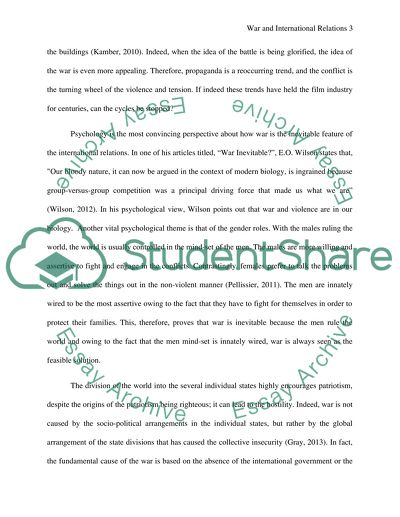Cite this document
(“Is war an inevitable feature of international relations Essay”, n.d.)
Retrieved from https://studentshare.org/miscellaneous/1683367-is-war-an-inevitable-feature-of-international-relations
Retrieved from https://studentshare.org/miscellaneous/1683367-is-war-an-inevitable-feature-of-international-relations
(Is War an Inevitable Feature of International Relations Essay)
https://studentshare.org/miscellaneous/1683367-is-war-an-inevitable-feature-of-international-relations.
https://studentshare.org/miscellaneous/1683367-is-war-an-inevitable-feature-of-international-relations.
“Is War an Inevitable Feature of International Relations Essay”, n.d. https://studentshare.org/miscellaneous/1683367-is-war-an-inevitable-feature-of-international-relations.


